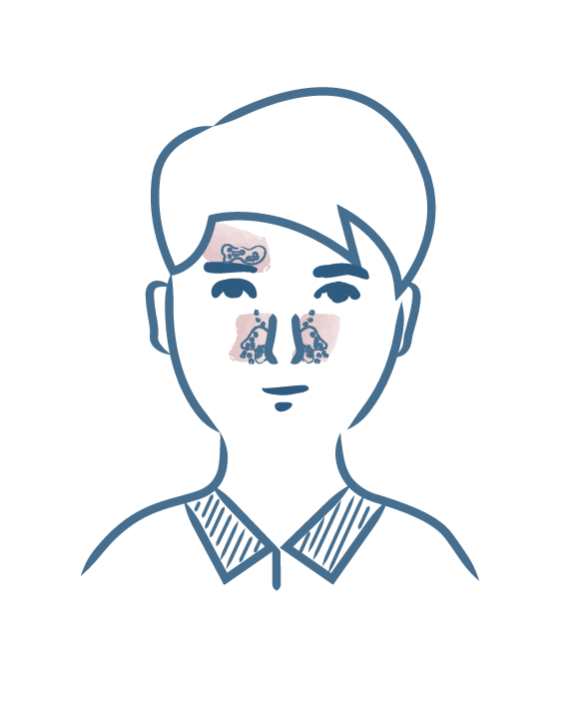-
Your concerns
Our articles to help you gain a better understanding
-
Our solutions
-
Ducray Dermatological laboratories
Our articles to help you gain a better understanding

Seborrheic dermatitis has multiple origins and can be explained physiologically. Patients often describe clinical signs that vary over time. In fact, the intensity and frequency of flare-ups are influenced by different many factors, including stress, fatigue, overwork, emotional problems, etc. Stress appears to be one of the main triggers.

Summary
Of the various causes of seborrheic dermatitis, it has been proven(1) that the condition is frequently preceded by a stressful event and that this event can aggravate symptoms.
However, it is sometimes difficult and counterproductive for people with seborrheic dermatitis to be repeatedly told that stress is the cause of their condition.
Unfortunately, stress is difficult to manage and manifests itself in different ways from one person to another.
It can affect all the organs but stress often has a particularly significant impact on the skin as it can impact sebum secretion, inflammation and skin immunity.
The potential impact of seborrheic dermatitis should not be overlooked. The condition itself can become a source of stress due to its visible character, especially when the face is affected(1). This is why some patients feel trapped in a vicious circle in which the condition contributes to stress. Please feel free to discuss this with your physician or dermatologist. Solutions do exist and can be implemented!
Managing your stress could really improve the condition of your lesions, but it isn't easy to achieve!
Certain methods and activities have been shown to have an effect on stress:
(1) Annales de dermatologies, 2007 Nov;134(11):833-7, Stress and seborrheic dermatitis, Misery L1, Touboul S, Vinçot C, Dutray S, Rolland-Jacob G, Consoli SG, Farcet Y, Feton-Danou N, Cardinaud F, Callot V, De La Chapelle C, Pomey-Rey D, Consoli SM; Pour le Groupe Psychodermatologie.
Irritated skin with redness and scales

Skin prone to red plaques and itchy dry skin
NEWSLETTER
Dermatological expertise
To better understand your skin and hair, discover our exclusive content and innovative care products designed to improve your quality of life..